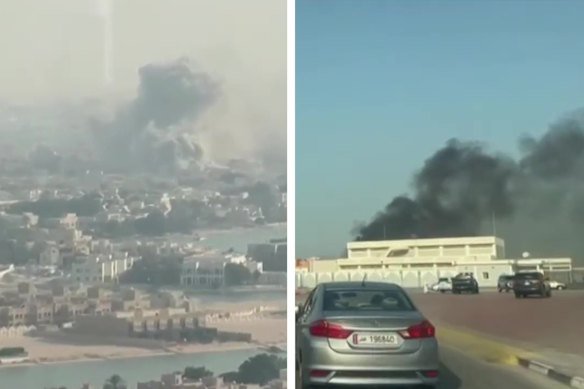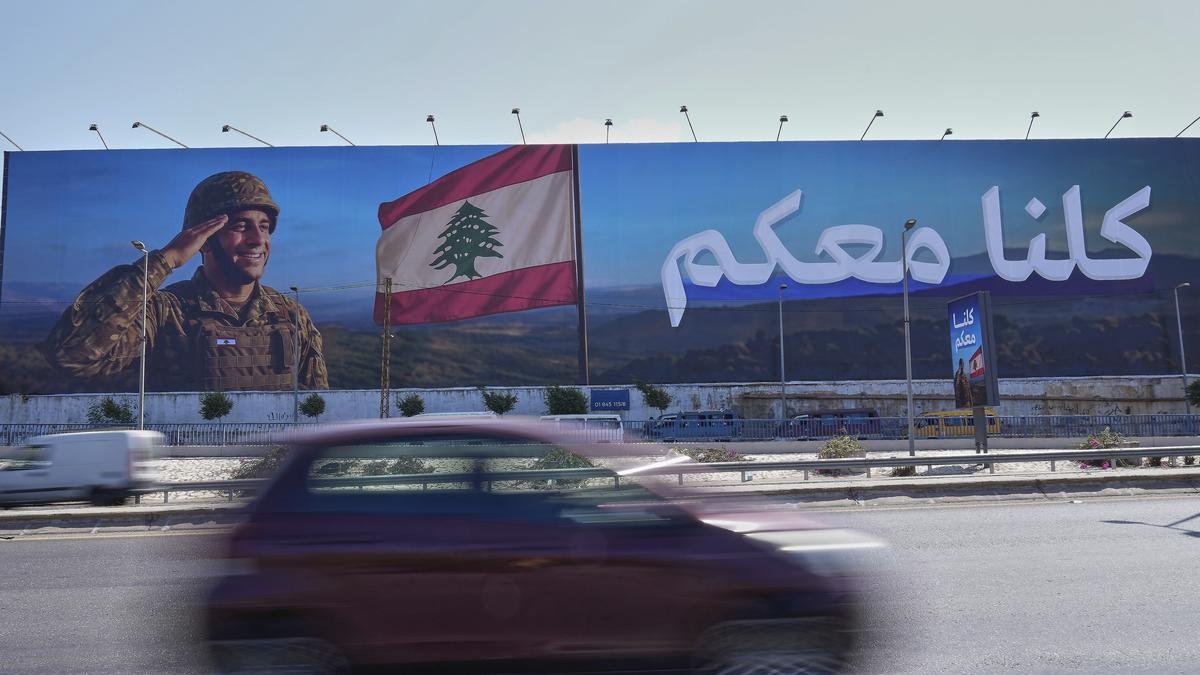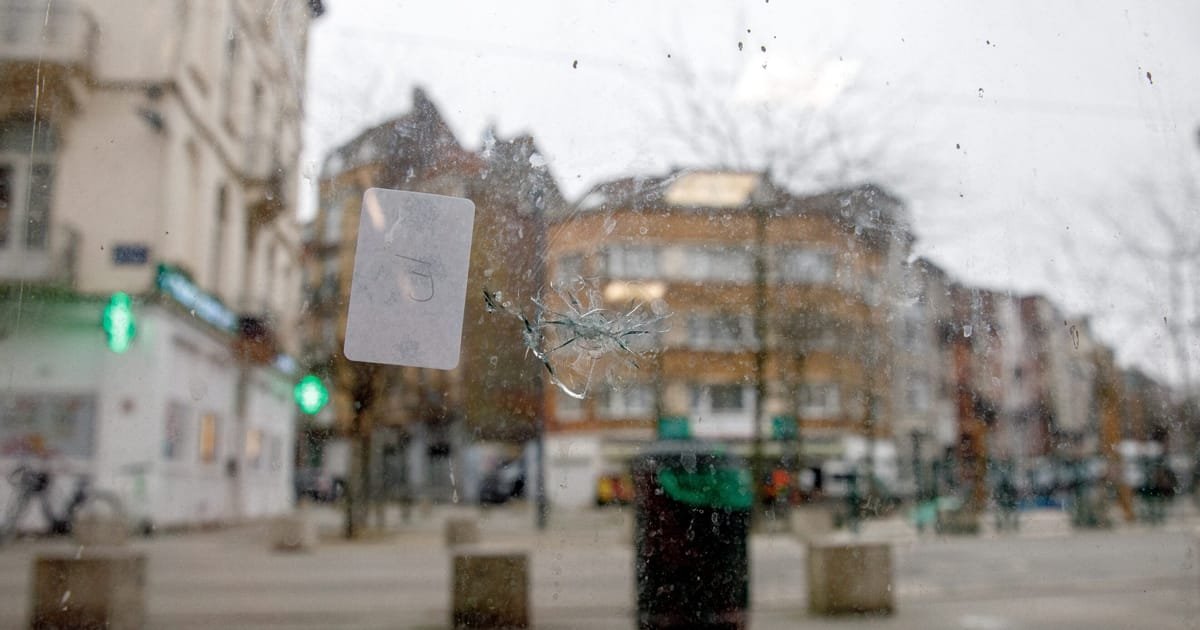In a significant escalation of military operations, Israel has announced a new evacuation route for civilians in Gaza City, urging residents to leave within a 48-hour timeframe. This directive comes as Israeli forces intensify their campaign against Hamas, marking a critical juncture in the ongoing conflict that has drawn international attention and concern.
New Evacuation Route: A Lifeline or a Trap?
The newly designated Salahudin Road has been labeled a “safe corridor” by Israeli authorities, who are attempting to facilitate the movement of civilians away from the conflict zone. Leaflets dropped over Gaza City have instructed residents to evacuate by noon on Friday, following specific yellow-marked routes outlined by the Israeli military. The urgency of this evacuation is underscored by the expectation that around 100,000 civilians may remain in the city, amidst warnings of prolonged urban combat in the coming months.
However, the response from the civilian population has been mixed. Many residents are hesitant to leave, citing fears of the dangers that lie along the evacuation routes, as well as dire conditions in the southern areas of Gaza. The lack of food and resources in these regions, coupled with the uncertainty of returning home, has left many feeling trapped. Ahmed, a school teacher from the Sabra neighborhood, expressed his despair: “Even if we want to leave Gaza City, is there any guarantee we would be able to come back? Will the war ever end? That’s why I prefer to die here.”
Humanitarian Concerns and International Reactions
The United Nations and various humanitarian organizations have condemned Israel’s evacuation orders, labeling them as forcible population transfers that may violate international law. The situation has become increasingly dire, with reports indicating that at least 30 Palestinians were killed in airstrikes on Wednesday alone, including 19 in Gaza City, according to local health authorities. These developments have raised alarms about the humanitarian crisis unfolding in the region.
As the conflict escalates, the international community has been vocal in its criticism. The UN has called for immediate ceasefire negotiations, but the prospects for peace appear dim. A recent attack by Israel on Hamas political leaders in Doha has further complicated ceasefire discussions, straining relations with Qatar, a key mediator in the negotiations.
Military Operations Intensify
Following the formal launch of ground operations aimed at seizing control of Gaza’s urban centers, Israeli forces have cautiously advanced into the western and central zones of the city. An Israeli official indicated that military operations are focused on encouraging civilians to move south, with expectations of intensified fighting in the coming weeks. The urgency of these operations is compounded by the looming threat of a full-scale military campaign that could have devastating consequences for the civilian population.
U.S. Secretary of State Marco Rubio, during a visit to Doha, emphasized the limited time available for reaching a truce, warning that Israel’s full-force campaign could soon become irreversible. This statement reflects the growing concern among international leaders regarding the humanitarian implications of the ongoing conflict.
Accusations of Genocide and Global Criticism
In a striking development, a UN Commission of Inquiry has concluded that Israel’s actions in Gaza may amount to genocide, a claim that Israeli officials have vehemently rejected as “scandalous” and “fake.” This accusation has intensified the scrutiny of Israel’s military operations and raised questions about the legality of its actions under international law.
Prime Minister Benjamin Netanyahu has remained defiant in the face of global criticism, asserting that Israel will continue to target Hamas leaders wherever they may be. This stance has drawn rebukes even from traditional allies, including the United States, highlighting the complex geopolitical dynamics at play in the region.
Conclusion: A Humanitarian Crisis Unfolding
The situation in Gaza City is rapidly deteriorating, with civilians caught in the crossfire of a conflict that shows no signs of abating. As Israel intensifies its military operations against Hamas, the humanitarian implications are becoming increasingly severe. The call for evacuation, while intended to protect civilians, has been met with skepticism and fear, as many residents grapple with the uncertainty of their future. The international community watches closely, hoping for a resolution that prioritizes the safety and well-being of the civilian population amidst the chaos of war.










